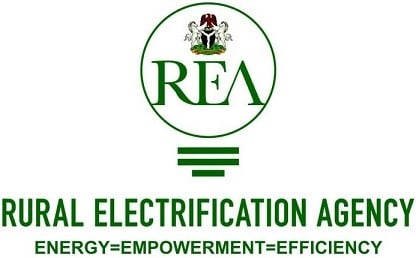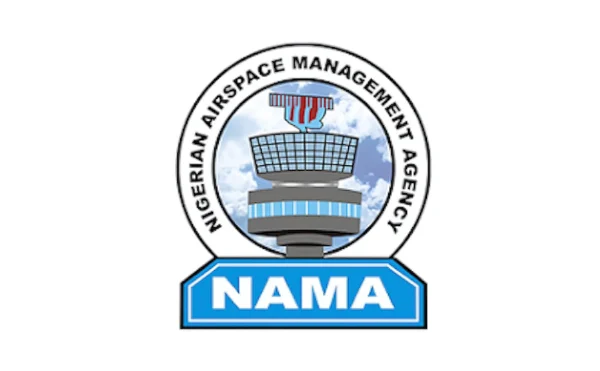The Nigeria Employers’ Consultative Association has stated that businesses are overstretched and are becoming hopeless as a result of the rising cost of living brought on by the increase in the price of petroleum and motor spirit.
In a statement on Thursday, the Director-General of NECA, Mr. Adewale-Smatt Oyerinde, urged the government to adopt more serious measures to halt the organized businesses’ and Nigerians’ overall plunge into hopelessness.
He said that the preceding year saw persistently high inflation, volatile commodity prices, low utilization of industrial capacity, and a progressive decline in the purchasing power of Nigerians as he voiced worry that Nigeria’s poverty and production indices were already being harmed by the rising cost of living.
He claimed that these had driven numerous businesses out of business and countless Nigerians into poverty.
While the current administration has developed policy objectives to raise the standard of living for the majority of the population, he said, these plans need to be supported by thoughtful and prompt actions.
“As is evident to everyone, there is growing unrest due to the rising expense of living, which is further exacerbated by the rising price of PMS and the threat of an increase in power bill, among other things.”
He added that while we applaud the removal of fuel subsidies, intensified attempts to deter oil theft, and ongoing measures to restructure the tax system, it is crucial that the government take more action to halt the plunge into depression by Nigerians and their businesses.
He stated: “It is instructive to notice that enterprises and households are currently stretched beyond their shock thresholds. Production plans are continually being displaced by regularly shifting factor costs, and families are continuously altering their spending to account for their insufficient real income.
“At this breaking point, it is essential for the government to swiftly take deliberate actions to mitigate the persistent rise in inflation and address the quickly increasing cost of living in the country,” he continued.
“Such measures may include price stabilization techniques, routine updates on the status of ongoing refinery work, and the repeal of the value-added tax on petrol for automobiles.”










